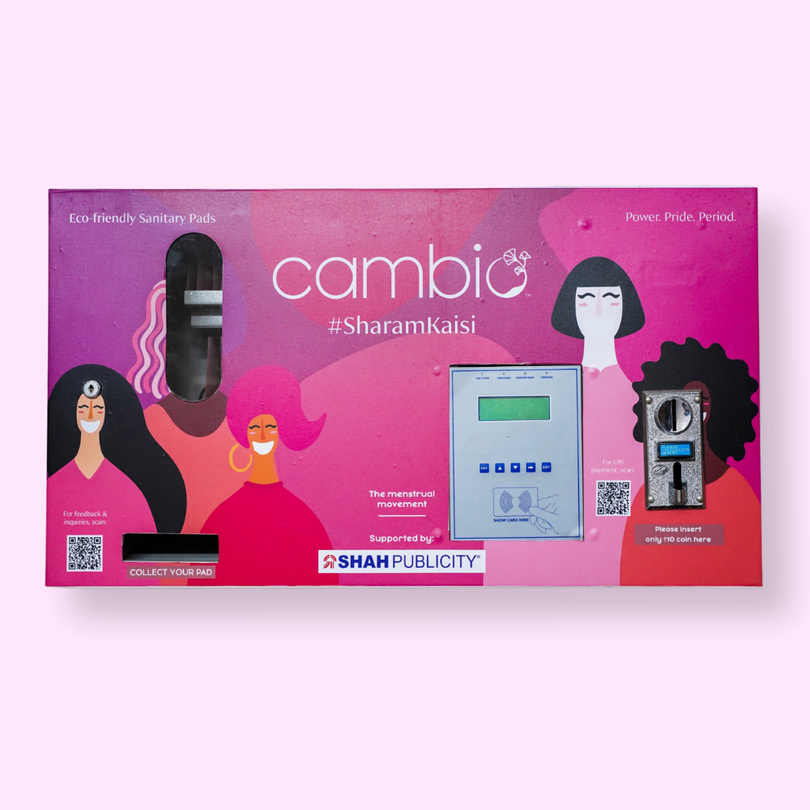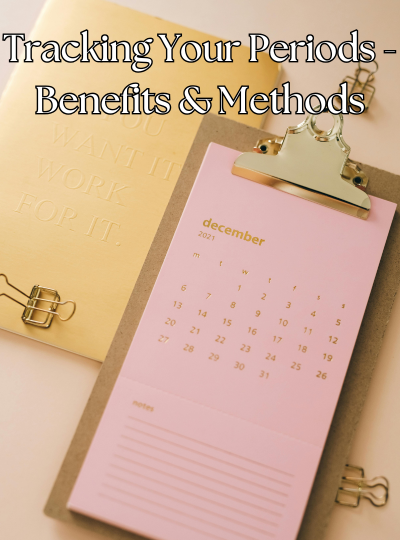Body Temperature and The Menstrual Cycle
Your basal body temperature is linked to your menstrual cycle and changes according to your body’s needs. During ovulation, the basal body temperature increases by about 0.5°C as the body prepares for conception and pregnancy. Experiencing a slight rise in body temperature about 2 weeks after your last period is a reliable sign that you have ovulated. A pregnant woman often has a higher metabolic rate and temperature as her body works to sustain multiple lives.
If the released egg is not fertilized, menstruation occurs and the basal body temperature drops down again. That said, a woman’s body temperature is not only influenced by her menstrual cycle. Diet, lifestyle choices and underlying health conditions can also strongly influence body temperature.
What are hot flashes?
Some women experience hot flashes as a PMS symptom before their periods. A hot flash is a sudden and intense rush of heat across the face, neck, and upper body which can last for a few seconds to a few minutes. These may be accompanied by sweating, an increased heartbeat, red flushing of the skin and anxiety.
Also read - Why do I feel nauseous during my period?
Causes of hot flashes during periods
Hot flashes are most likely to occur due to hormonal fluctuations and could be a symptom of an underlying condition that affects your hormonal levels such as:
Perimenopause - This is the time leading up to menopause in which periods still occur but become more irregular. This is experienced during one’s forties but can start from one’s late thirties. Other symptoms associated with perimenopause are vaginal dryness, sleeping issues, headaches and mood swings.
Premature Ovarian Insufficiency (POI) - This refers to the insufficient and unreliable function of the ovaries in which they may stop releasing eggs or release them at a much slower rate.This can disrupt the body’s cues for hormone production, causing symptoms similar to menopause which include hot flashes.
Hot flashes could also be caused by:
- Thyroid conditions, especially hyperthyroidism
- Medications that affect hormone levels
- Stress and anxiety
- Overeating or eating too many spicy foods
- Toxic Shock Syndrome, which causes a high fever and a sunburn-looking rash
If you experience hot flashes every month before or during your periods, it’s likely to be a PMS symptom, for which you can take steps to cool yourself or prevent major episodes.
Also read - Can I take thyroid tests during periods?
Ways to reduce body heat
- Avoid Triggers: If certain foods such as spicy foods, alcohol or caffeine trigger your hot flashes, you should avoid them during your periods. Use less spice when making your food and consume more cold meals. You can swap out coffee for other warm beverages like matcha, herbal tea, or other decaf alternatives.
- Control Stress Levels: Since hot flashes are linked to anxiety levels, keeping yourself calm could help regulate your body temperature. Cognitive behavioural therapy, meditation and deep breathing are some options to consider if you find yourself getting stressed often. It’s only after you acknowledge that it’s the stress causing your hot flashes that you can deal with it, so taking the help of a mental health professional could be beneficial.
- Stop Smoking: Smoking tobacco or weed during can contribute to hot flashes and make them worse, so cutting down on your smoking may help reduce the severity of your hot flashes.
- Review Your Medications: Drugs for cholesterol and blood pressure in particular may cause hot flashes as a side effect. You can discuss alternatives with your doctor if the hot flashes are interfering with your regular life.
- Use a Chilled Towel: Keep a small face towel in your fridge to use on your face and neck when you have a hot flash to mitigate the symptoms. This is a refreshing and convenient way to cool down!
- Breathable Clothing: Dress in lightweight and breathable clothing made of fabrics like cotton. Avoid synthetic materials as they can trap heat and leave you feeling hot and irritated.
Also read - Side effects of alcohol during periods
We reached out to our customers about if they experienced any temperature changes along their cycle, here’s what they had to say:
“Yes, I feel warmer about 1.5-2 weeks after my periods and I take this as a sign that I have ovulated. It’s annoying during summers but I see it as my body’s way of talking to me.”
“I get hot flashes frequently during my period. I was taken aback the first time but once I noticed I was experiencing them only on my period, I understood it’s just a symptom of mine. I like to cool down by sipping on cool drinks (without caffeine of course!) and lying down with a cool towel on my forehead. All the best!”
More to read
Can I masturbate during periods?
How to choose the right sanitary pad for you?










